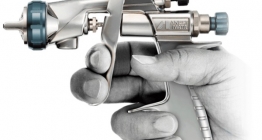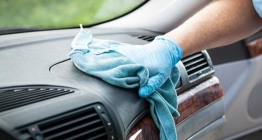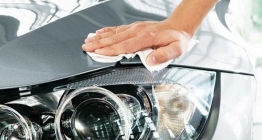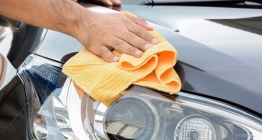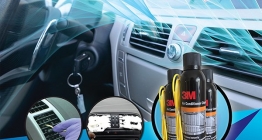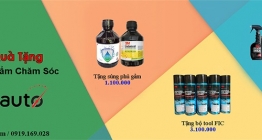Is it Necessary to Undercoat Your Car? Key Points to Consider
Car undercoating is becoming a topic of interest for many vehicle owners. But is it really necessary?
This article will help you understand the various aspects of undercoating your car, from rust protection and noise reduction to other related factors.
Does the Car Undercarriage Rust?
Car manufacturers typically apply a zinc coating to the undercarriage, providing protection for about 5 to 10 years under ideal conditions. However, the undercarriage is directly exposed to the road and harmful agents like flying rocks, water, and chemicals. These factors can strip the zinc coating, leading to rapid rusting. Undercoating helps protect the undercarriage by reducing chipping from rocks and minimizing the impact of harmful chemicals.
Does Undercoating Reduce Noise?
The noise reduction from undercoating is not significant. Undercoating creates a plastic layer that better absorbs sounds from impacts. This coating helps reduce the harsh, annoying noises when rocks and debris hit the metal surface of the undercarriage.
Does Torn Undercoating Cause Water Retention and Faster Rusting?
If the undercoating is damaged by large rocks, it can tear, allowing water to accumulate and cause oxidation. However, this can be mitigated by choosing the right type of undercoating. High-quality water-based undercoatings form a tougher layer that is less prone to tearing and does not absorb water like oil-based coatings, thus limiting prolonged water exposure. Water-based undercoatings are more expensive and take longer to apply. Some good options available on the market include Teroson from Hankel and PN08955 from 3M. Additionally, it is advisable to inspect and touch up the undercoating every 6 months to a year.
Is Multiple-Layer Undercoating Necessary?
It is a common belief that more layers of undercoating are better. However, manufacturers recommend that two layers are optimal. Applying too many layers can affect adhesion between layers, add unnecessary weight to the vehicle, and create a thick coating that retains more water if damaged. Therefore, excessive layering is not necessary.
When Should You Undercoat Your Car?
You can undercoat your car when it is new or after 2-3 years of use, once the car has scratches and rust. Many prefer to keep the car in its original condition when new. However, for the best results, it is advisable to undercoat a new car. If the car is already scratched and rusted, undercoating can prevent further exposure to the environment, though it is difficult to completely stop internal rusting. Preparing the surface of an old car for undercoating also requires more time to remove rust.
Where Should You Get Your Car Undercoated?
Undercoating does not require highly specialized techniques, but it is best to have it done at reputable garages or dealerships. Here are some points to consider when choosing a place for undercoating:
- Equipment: Ensure the facility has proper equipment like lifts, undercoating guns, and tools for removing and reinstalling parts.
- Products Used: There are many types of undercoating products available. Some places opt for cheaper products to maximize profit. It is advisable to choose a facility that uses high-quality water-based undercoating from reputable brands like 3M or Hankel.
Relative News
